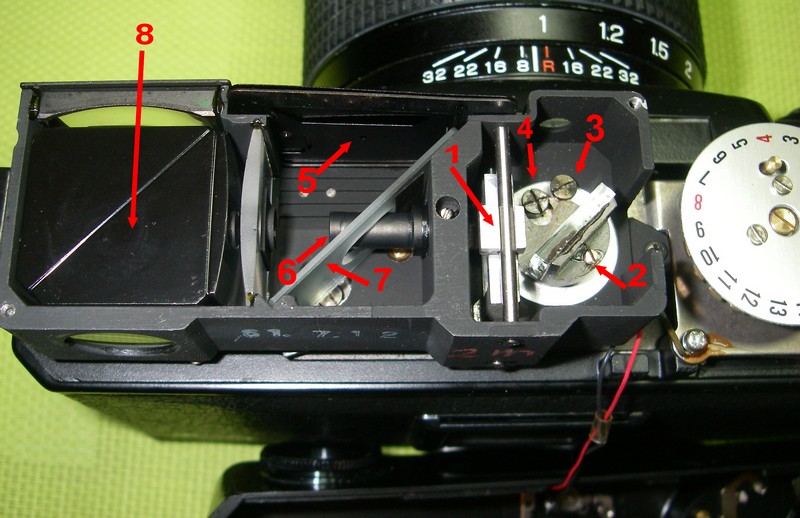JChrome
Street Worker
Has anyone ever adjusted the rangefinder themselves? Google doesn't seem to be returning any results. I am also surprised by this because I would think that adjusting the rangefinder is a common thing to do. I've found articles on how to fix really odd problems with Pentax 67's. I guess I'll just have to write one 🙂
Perhaps another negative of the camera... because they're not so popular in the states, there are few resources for how to service them. And another consequence of this is that there are loads of myths about them that are unverified - the most popular of which is the whole 'the counter makes too much noise' myth.
Perhaps another negative of the camera... because they're not so popular in the states, there are few resources for how to service them. And another consequence of this is that there are loads of myths about them that are unverified - the most popular of which is the whole 'the counter makes too much noise' myth.





